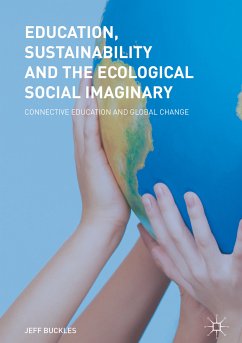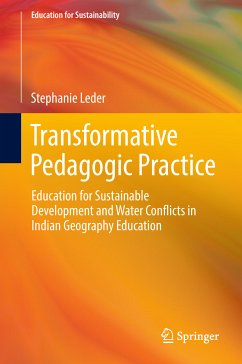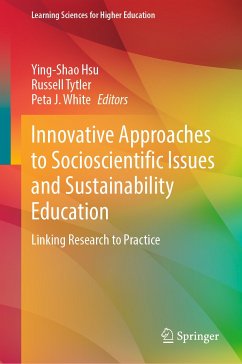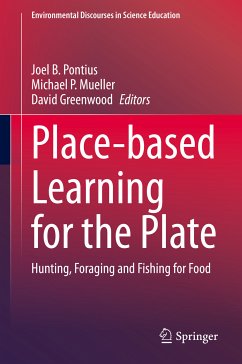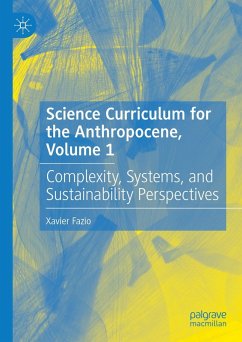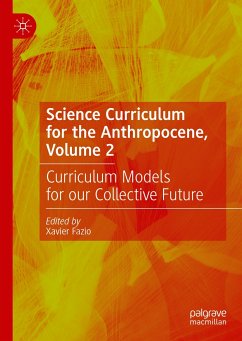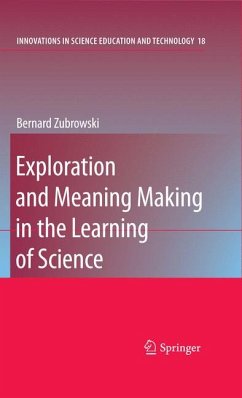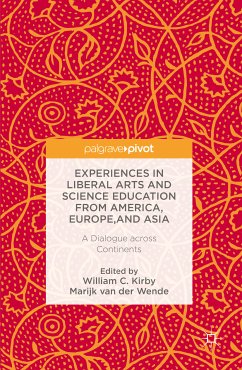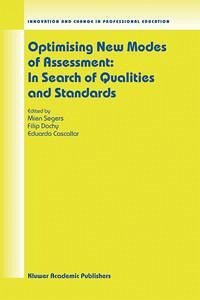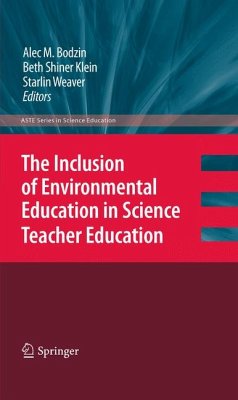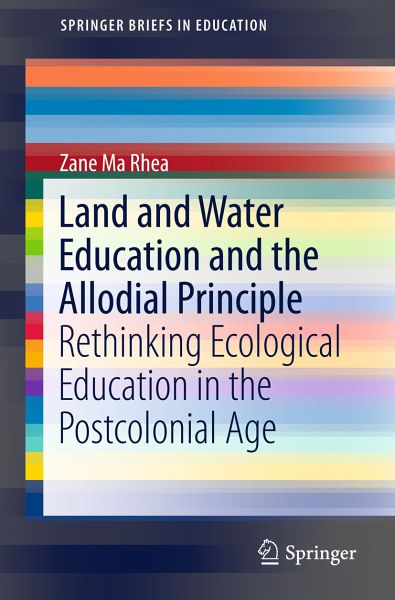
Land and Water Education and the Allodial Principle (eBook, PDF)
Rethinking Ecological Education in the Postcolonial Age
Versandkostenfrei!
Sofort per Download lieferbar
44,95 €
inkl. MwSt.
Weitere Ausgaben:

PAYBACK Punkte
22 °P sammeln!
This book argues that the ancient allodial principle enables a paradigmatic shift in the way specialist educators in environmental, Indigenous, and legal studies; teacher educators; and teachers think about land and water education. Land and water are basic to human life, and students will need to grapple with matters of sustainability and Indigenous entitlement in their future work. People now living in lands and on waterways that have been colonized, such as Australia, are taught to regard land and water in ways that have been fundamentally shaped by English law. This book introduces ancient...
This book argues that the ancient allodial principle enables a paradigmatic shift in the way specialist educators in environmental, Indigenous, and legal studies; teacher educators; and teachers think about land and water education.
Land and water are basic to human life, and students will need to grapple with matters of sustainability and Indigenous entitlement in their future work. People now living in lands and on waterways that have been colonized, such as Australia, are taught to regard land and water in ways that have been fundamentally shaped by English law. This book introduces ancient as well as more contemporary forms of land and water access and examines the underlying ontological and epistemological enframements that shape the way that 'land' and 'water' are understood and taught. As peoples of the world grapple with environmental sustainability and Indigenous rights, the author provides a pivotal rejection of the entitlement to 'abuse'. The book also reasons that educators should employ alod pedagogy to develop their approach to 'working out' difficult matters to do with balancing the rights and responsibilities of nations, regions, corporations, communal and individual owners in the access to, use of, and transferability of land and waterways.
Dieser Download kann aus rechtlichen Gründen nur mit Rechnungsadresse in A, B, BG, CY, CZ, D, DK, EW, E, FIN, F, GR, HR, H, IRL, I, LT, L, LR, M, NL, PL, P, R, S, SLO, SK ausgeliefert werden.



